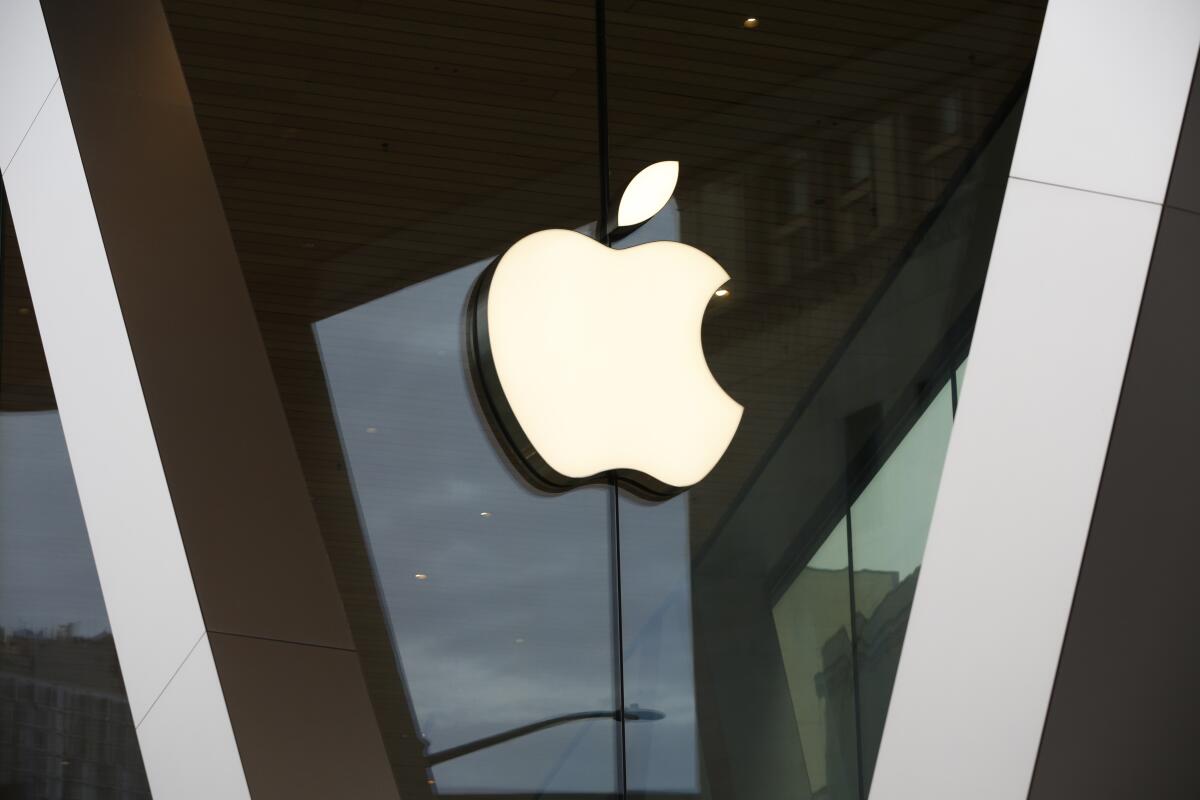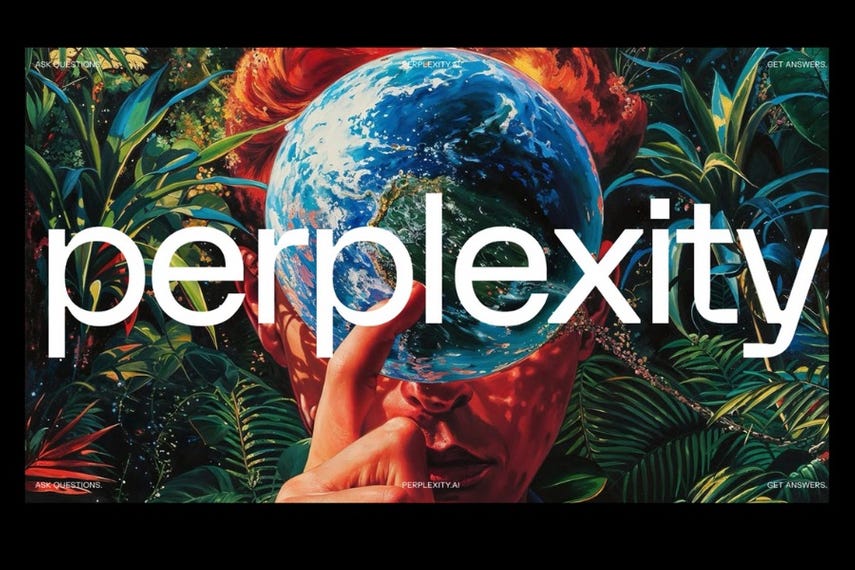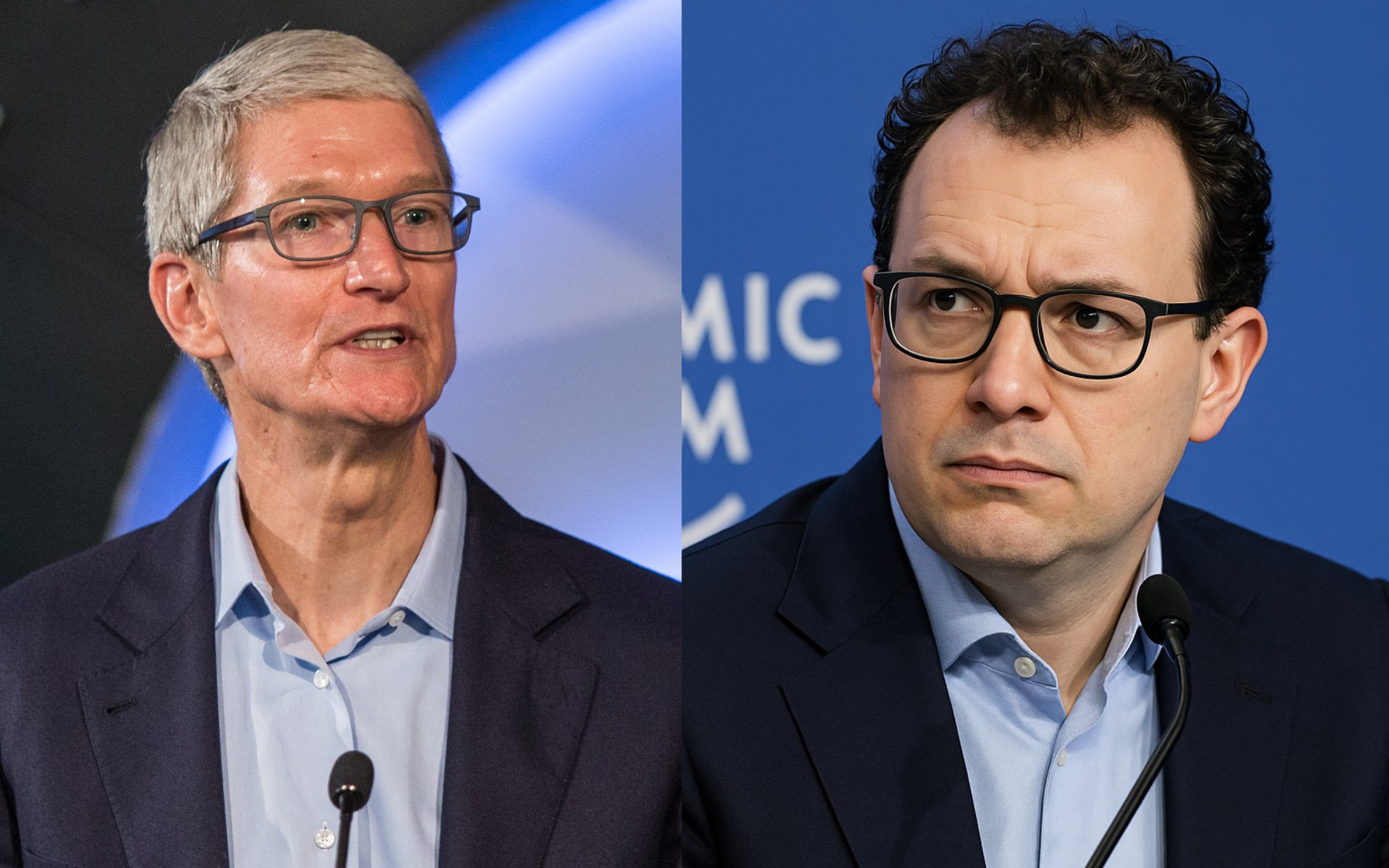Apple's AI Evolution: Partnerships, Strategy, and Tim Cook's Vision
In recent years, artificial intelligence (AI) has transformed the tech landscape, with companies like OpenAI, Google, and Anthropic leading the charge in generative AI, large language models (LLMs), and innovative applications. Apple, long perceived as a cautious player in the AI race, is now making bold moves to integrate advanced AI into its ecosystem. Reports of a partnership with Anthropic, a collaboration with OpenAI, and a broader AI strategy signal a significant shift. But is this Apple finally "getting" AI? And has CEO Tim Cook spotted and addressed a blind spot in the company’s approach? Let’s dive into the details.
Apple and Anthropic: A "Vibe-Coding" Revolution
In May 2025, reports emerged that Apple is teaming up with Anthropic, an AI startup founded by former OpenAI researchers, to develop a groundbreaking “vibe-coding” platform. This initiative integrates Anthropic’s Claude Sonnet model into Apple’s Xcode development environment, aiming to empower programmers with AI-driven tools to write, edit, and test code. The term “vibe-coding” refers to a process where developers use plain language prompts to guide an AI model in generating code, shifting their role from manual coding to overseeing and refining AI outputs. This concept, popularized by former OpenAI co-founder Andrej Karpathy, highlights a new frontier in software development.
Initially, Apple is rolling out this AI-enhanced Xcode internally to its engineers, with no firm decision yet on a public launch. This cautious approach aligns with Apple’s history of perfecting technologies before releasing them to developers or consumers. The partnership acknowledges challenges Apple faced with its own AI coding tool, Swift Assist, announced last year but never shipped due to concerns about hallucinations (AI generating incorrect outputs) and potential slowdowns in app development. By leveraging Claude, widely regarded as a top model for coding tasks, Apple is tapping external expertise to bolster its capabilities.
This collaboration is a win for Anthropic, too. Already partnered with Amazon for the Alexa+ project, Anthropic gains visibility and credibility by aligning with a tech giant like Apple. If successful, this “vibe-coding” platform could debut at Apple’s Worldwide Developers Conference (WWDC) in June 2025, potentially transforming how developers build apps for iOS, macOS, and beyond.
Apple and OpenAI: A Landmark Partnership
Apple’s AI ambitions extend beyond Anthropic. In June 2024, at WWDC, CEO Tim Cook unveiled “Apple Intelligence,” a suite of AI-powered features integrated into iPhones, iPads, and Macs. A cornerstone of this strategy is a partnership with OpenAI, the maker of ChatGPT. This deal brings OpenAI’s GPT-4o model to Apple’s ecosystem, enhancing Siri’s capabilities to handle complex tasks like generating bedtime stories, suggesting room decor, or providing recipe ideas. Users can opt in to send certain queries to ChatGPT, with Apple emphasizing privacy by processing most AI tasks on-device and handling complex requests securely at its data centers.
Unlike traditional revenue models, Bloomberg reported in June 2024 that Apple and OpenAI aren’t currently paying each other, with Apple viewing the exposure for ChatGPT as sufficient value. However, future revenue-sharing agreements are under consideration, potentially mirroring Apple’s approach with search engines, where users could choose from multiple AI providers. This partnership sparked controversy, with Elon Musk, founder of xAI, criticizing it as a potential security risk for user data. Despite this, OpenAI CEO Sam Altman expressed enthusiasm, posting on X in June 2024, “Very happy to be partnering with Apple to integrate ChatGPT into their devices later this year! Think you will really like it.”
Broader AI Alliances: Google and Beyond
Apple’s strategy isn’t exclusive to Anthropic and OpenAI. Reports suggest the company is in talks with Google to integrate its Gemini model as an alternative to ChatGPT, potentially later in 2025. This multi-partner approach mirrors Apple’s Safari browser, which allows users to select their preferred search engine. By diversifying its AI collaborators, Apple aims to offer flexibility, cater to varied user needs, and stay competitive in a crowded field where rivals like Microsoft (partnered with OpenAI since 2019) and Google have advanced rapidly.
Apple’s AI Strategy: A Deliberate Pivot
Apple’s approach to AI has historically been understated, avoiding the “artificial intelligence” label in favor of terms like “machine learning” and, now, “Apple Intelligence.” Since 2017, Apple has embedded neural engines in its chips, powering features like the Vision Pro’s hand-tracking and the Apple Watch’s heart rate alerts. In a February 2024 shareholder meeting, Tim Cook signaled a stronger embrace of generative AI, stating Apple would “break new ground” that year. By June 2024, WWDC delivered, showcasing AI-driven tools for custom emojis, photo retouching, email summaries, and improved Siri interactions—all prioritizing on-device processing for privacy, a hallmark of Cook’s leadership.
Critics once argued Apple lagged behind, caught off-guard by the generative AI frenzy sparked by ChatGPT’s 2022 launch. Internally, Apple raced to catch up, reportedly spending millions daily on LLM development, as noted by The Information in 2023. The shift of Siri and consumer AI responsibilities from AI chief John Giannandrea to software engineering leader Craig Federighi in 2025 underscores a more integrated approach across Apple’s operating systems.
Cook has addressed perceptions of being late to AI. In an October 2024 Wall Street Journal interview, he said, “We’re perfectly fine with not being first. As it turns out, it takes a while to get it really great. It takes a lot of iteration. It takes worrying about every detail.” This philosophy—prioritizing quality over speed—explains Apple’s cautious rollout of Swift Assist and its reliance on partners like Anthropic and OpenAI to refine its offerings.
Has Tim Cook Spotted His Blind Spot?
Was AI a blind spot for Tim Cook? Early on, Apple’s focus on hardware, privacy, and seamless user experiences may have slowed its public AI narrative. While rivals like Google and Microsoft touted AI breakthroughs, Apple worked quietly, embedding machine learning into everyday features. Cook’s 2024 comments to Wired’s Steven Levy dispel the notion of being late: “Back in 2017, we built a neural engine into our products. It was already apparent that AI and machine learning were huge.” He’s also denied rumors of heavy investment in OpenAI or board involvement, emphasizing Apple’s rare approach to external investments.
Cook’s vision now shines through. In a December 2024 Wired interview, he highlighted AI’s potential in healthcare, suggesting Apple’s legacy might be saving lives through health-focused AI. The partnerships with Anthropic and OpenAI, potential Gemini integration, and Apple Intelligence’s rollout reflect a deliberate strategy: leverage internal strengths (privacy, chip design) and external expertise to deliver polished, user-centric AI.
Is Apple Finally "Getting" AI?
Apple isn’t just “getting” AI—it’s redefining it on its own terms. The Anthropic partnership enhances developer tools, potentially revolutionizing app creation. The OpenAI collaboration supercharges Siri and user experiences, while talks with Google signal flexibility. Apple’s focus on privacy, on-device processing, and a vast ecosystem of over two billion active devices positions it uniquely to scale AI.
Challenges remain. AI hallucinations, legal battles over data use (faced by OpenAI), and Google’s rocky “AI Overviews” rollout highlight risks. Apple’s antitrust lawsuit from the U.S. Justice Department and 15 states, filed in 2024, questions its ecosystem control, potentially complicating AI integrations. Yet, Cook’s steady hand—iterating meticulously, partnering strategically—suggests Apple is not just catching up but aiming to lead.
The Road Ahead
Apple’s AI journey is accelerating. The Anthropic collaboration could debut publicly at WWDC 2025, alongside deeper Apple Intelligence features. Partnerships with OpenAI and potentially Google offer users choice, while internal efforts strengthen Apple’s foundation. Tim Cook has not only spotted any perceived blind spot but is steering Apple to blend AI with its core values: privacy, quality, and user empowerment. As Cook told analysts in May 2025, “We are very excited about the road map, and we are pleased with the progress that we’re making.” For Apple, the AI era isn’t about being first—it’s about being the best.














